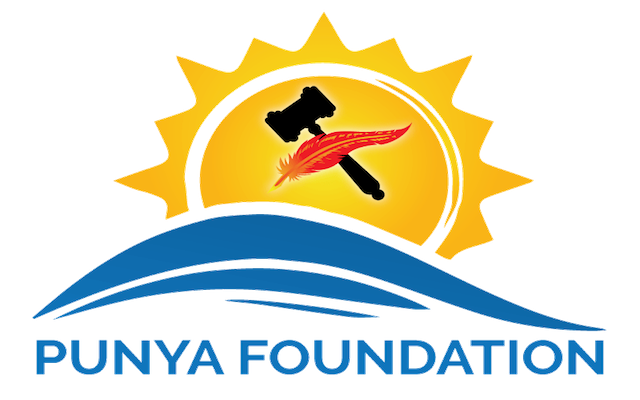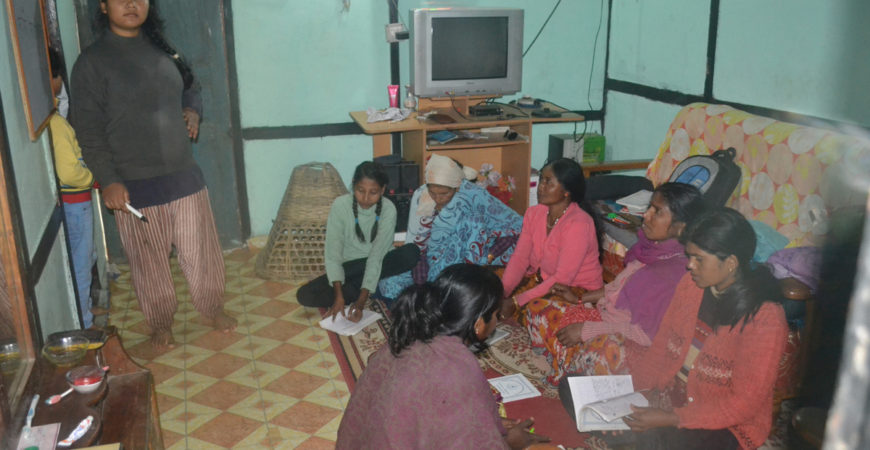Report by Mrs. Anita Magar
Teacher Adult Education Program
Background: The Nepal Human Development Report estimates around 48% of women in Nepal lives below poverty line. The percentage of women living with extreme poverty is proportionally high in the villages and Jhapa is one of these districts. Poverty is not gender neutral in Nepal. Women are less productive and engage themselves in household activities and taking care of children, elderly people and cattle. The major reason behind this is due to lack of productive employment opportunities and primary cause of this is doe to less access to education. The situation of poor, widows and single women in Jhapa deserves attention. In order to contribute to the empowerment of this group of women, the Foundation in collaboration with its local partner, the JKYS is organising a non-formal education program.
Objectives:
- Poor, widows and single women in Anarmani, Jhapa get chance to attend non formal adult education and get information on issues related to women rights and domestic violence.
- Poor, widows and single women in Anarmani, Jhapa get chance to come together and discuss their problems to seek for the locally available solutions.
Selection of the participants, planning and project implementation: The Jana Kalyan Yuwa Samuha (JKYS) organised 2 rounds of meeting with the women volunteers in the village. These meetings analysed the need to non-formal education, the problems of the vulnerable women in the village, brainstormed the possible contents of non-formal education, the material to be used and the modality of implementation. Finally a committee was formed under the coordination of Mrs. Indira Poudel (Chairman JKYS) and Mrs. Anita Magar. The committee decided to conduct 24 sessions of non-formal education over a period of 2 years. Owing to availability of the limited funds, the JKYS in consultation with the Foundation, decided to conduct the lessons, turn wise, in the residence of the participants. The JKYS hires a teacher for each lesion and provides a minimum compensation. Also the representatives of the human rights organisation are invited on a voluntary basis to give information of issues relation to women rights and to build awareness.
Program content: The content shall begin with learning of Nepali alphabets and gradually build up to level 4 of the formal education. During the project period of 2 years, the participants shall receive lessons on issues relating to rights of women, awareness on recognition and dealing with the issues of domestic violence. The sessions shall also give space to the women to share their living conditions.
Monitoring and evaluation: The JKYS implements and monitors the program. Through out the project implementation, the JKYS asks verbal feedback from the participants and also asks them to fill the checklist to evaluate the lessons. At end of the year, the JKYS submits a report on the progress made and challenges faced during the implementation of the program.

